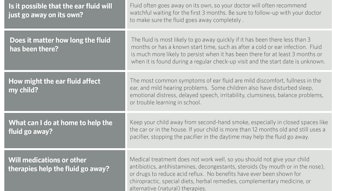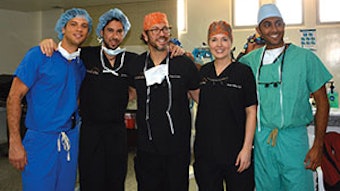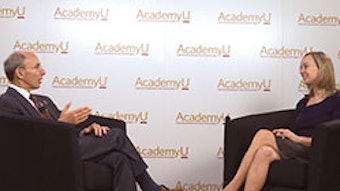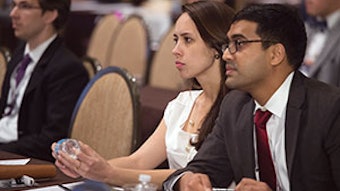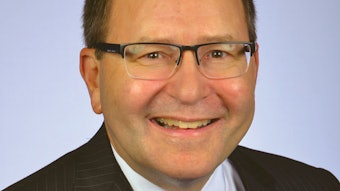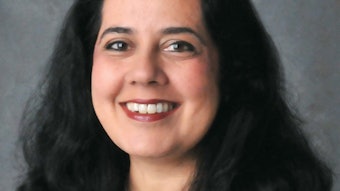A Member ‘explores’ making Voice Day 2016 personal
This year’s World Voice Day theme suggests a personal look at what ‘resonates’ with us, and this search can bring us together for discussion on how we observe the day.
Chandra M. Ivey, MD, AAO-HNS Voice Committee
This year’s World Voice Day theme suggests a personal look at what ‘resonates’ with us, and this search can bring us together for discussion on how we observe the day
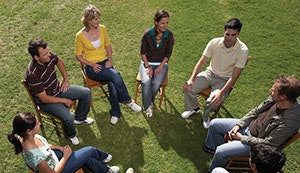
Regardless of political party, background, or economic fortune there are a few generally accepted “truths” that we enter this year with. We are living in one of the most heterogeneous countries in the world. The likelihood that any one view is held by all is low, and the likelihood that something you say may be taken as offensive by at least one other individual in this country is high. This can be a frustrating idea, breeding pessimism and division.
Our challenge is to take these “truths” and use them to support, foster, and create instead of allowing them to divide us.
Exploring our communities, our workplaces, our families, and our inner selves for where we can help and how we can build meaningful connections is becoming even more important. Exploring our voices, what resonates with us, and what we can create with our language can bring us to the table together for discussion. Our words and our views can be used to build or to destroy. We have the power to decide which of these we want to do.
Otolaryngology is a subspecialty designed to support many of the special senses that allow for exploration of our environment. World Voice Day, April 16, emphasizes education about vocal hygiene and support for all to explore their voices. The theme for World Voice Day is explore your voice—imagine where it will take you. I urge us to understand what is truly important to our patients and communities, and to exercise our influence in support of healthy ways to ensure their voices are heard. This support may take many forms. It may be reassuring an individual that his or her cancer is in remission by performing laryngoscopy. It may be participating in a screening program for laryngeal cancer at a local institution. It may be helping to ensure a local teacher can continue her profession by correctly diagnosing a new hemorrhagic polyp and coordinating the assistance she needs. It may be in the form of assisting a candidate in keeping his or her voice powerful through the remainder of the campaign.
Because of our unique skill set, which focuses on direct inspection of the larynx and vocal apparatus, we have a responsibility to raise awareness about prevention and care for common ailments of the voice. Educating primary care physicians and the public about the guidelines for treatment of hoarseness that have been adopted by the American Academy of Otolaryngology—Head and Neck Surgery Foundation and supporting practices such as not offering antibiotics for hoarseness in isolation of other symptoms is a challenge I ask that we all accept.1 We, in turn, should challenge our patients to support their voices using preventive techniques that will keep them speaking, singing, and debating long into the future.
What could be created by a country of citizens unafraid to explore and engage their voices? What could be accomplished by those unafraid to speak about challenges and change, and unafraid to listen to the blend of views that only such a diverse country as ours is uniquely afforded? When we explore our voices and support others in exploring theirs we create the possibility for cooperation and harmony. Start exploring your voice today!
Reference
- Schwartz SR, Cohen SM, Dailey SH. et al. Clinical Practice Guideline: Hoarseness (Dysphonia). Otolaryngol Head Neck Surg. 2009; 141:S1-S31.
